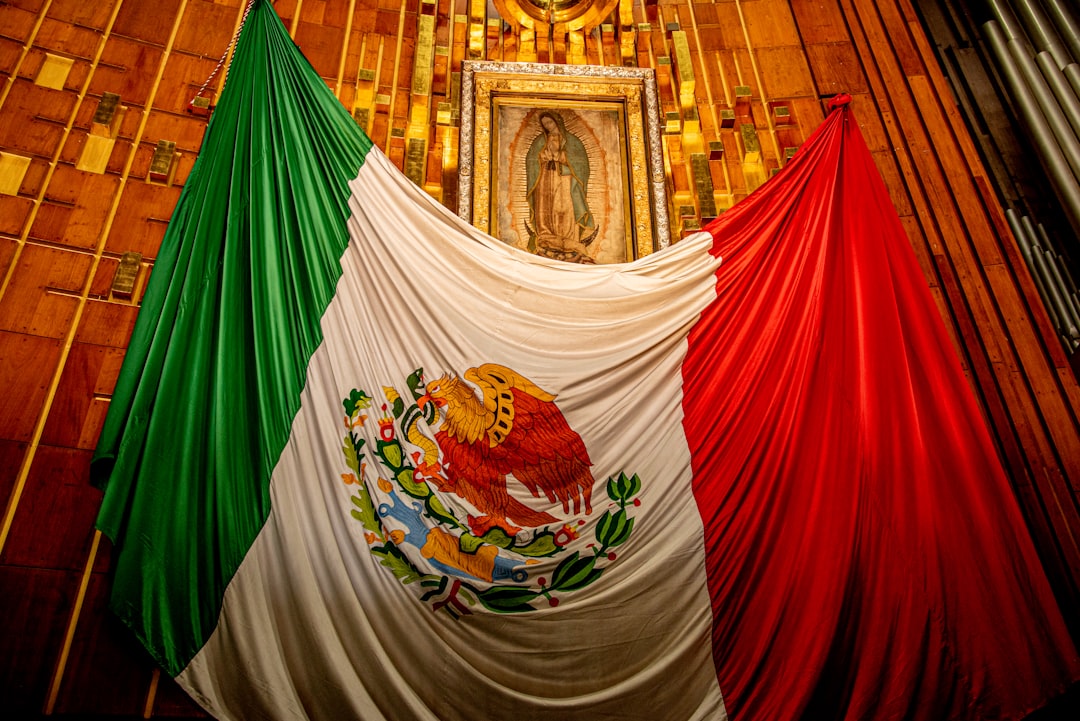
The World Cup is a spectacle that captures the heart and spirit of fans across the globe every four years. With the 2026 FIFA World Cup set to be the most expansive yet, hosted across North America in the United States, Canada, and Mexico, understanding the intricate mechanism behind FIFA’s match schedule algorithm becomes more fascinating than ever. Here, we’ll delve into the complex web of strategies that ensure fans in bustling cities and small towns can enjoy exhilarating match-ups while giving teams the best chance to perform at their peak.
The Essence of the Scheduling Algorithm
FIFA’s match schedule algorithm is a carefully crafted tool designed to optimize fairness, excitement, and logistical efficiency. It’s not just about putting together dates and times. This system takes into account a myriad of factors, such as time zones, team rankings, fan demographics, stadium capabilities, and broadcasting requirements.
One of the biggest challenges for FIFA is balancing these constraints while trying to ensure that the tournament remains as fair and exciting as possible. After all, no one wants to see their favorite team playing at an odd hour or traveling extensively. The scheduling algorithm cleverly mediates between logistical requirements and the entertainment factor, aiming for a seamless and thrilling tournament.
Key Components Considered by the Algorithm
The algorithm considers various dynamic components that may surprise many soccer fans:
- Venue and Geography: The vast number of stadiums across North America necessitates a schedule that minimizes travel for teams and fans.
- Team Performance and Rankings: To ensure balanced competition, the algorithm strategically places teams based on FIFA rankings and recent performance data.
- Time Zones: With matches spread over three countries, aligning game times to capture peak TV viewership and player performance is critical.
- Fan and Broadcaster Preferences: Matches that generate high excitement are primed for prime time, maximizing attendance and viewership.
- Weather conditions: Matches are often scheduled to avoid extreme weather conditions, keeping player safety paramount.
Enhancing Team Performance and Fan Enjoyment
Some might argue that the algorithm gives advantages to certain teams, perhaps inadvertently. For instance, with the USA as one of the host nations, teams playing in US locations could enjoy several logistical perks like reduced travel times and familiar environments. This could be a huge boost for Team USA’s chances to impress and excel on their home ground.
However, FIFA assures that the algorithm is a fair and neutral process, focused on promoting an exhilarating and balanced tournament. The algorithm is designed to reduce player fatigue by spacing out games adequately, thus allowing fans to witness the best of football without compromises on skill and stamina.
Looking Ahead to World Cup 2026
As fans gear up for what promises to be a historic World Cup, understanding the logic and strategy behind the match schedule gives us an additional lens through which to appreciate the tournament. This algorithm operates quietly behind the scenes, shaping the narrative and rhythm of the event, much like a skilled conductor guides an orchestra.
Ultimately, FIFA’s goal is to ensure that every moment—from the fierce battles on the field to the jubilant celebrations in the stands—creates unforgettable experiences for players and fans alike. As the world anticipates incredible goals, upsets, and triumphs, one can’t help but wonder how this meticulous scheduling will shape the destiny of teams come 2026.
What are your thoughts on the challenges and intricacies of creating such a massive schedule? Are there other factors you believe should be prioritized? Join the conversation at CupVibes.com and prepare to revel in the beautiful game in 2026!


